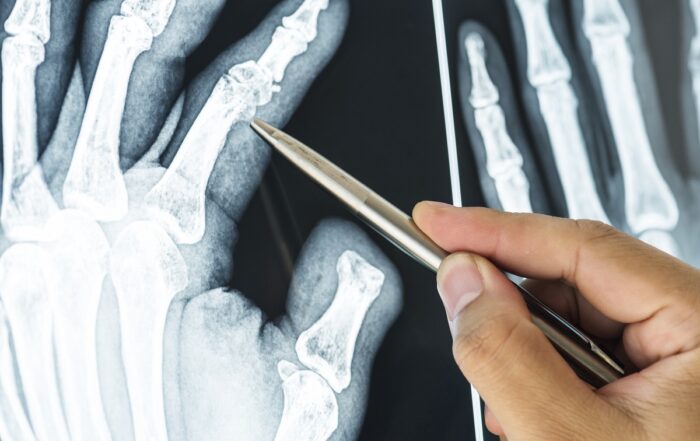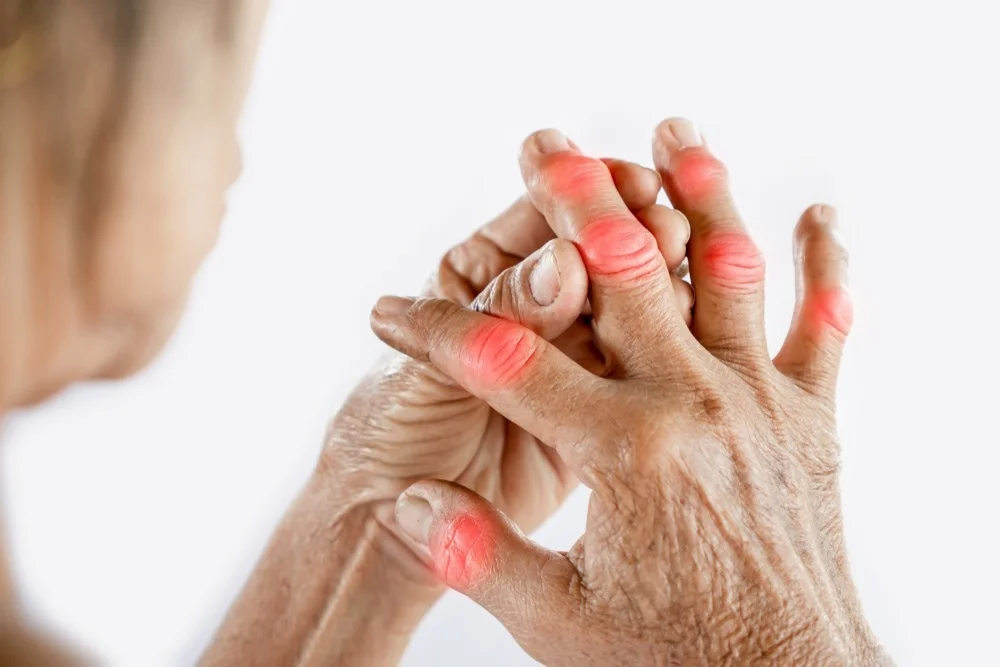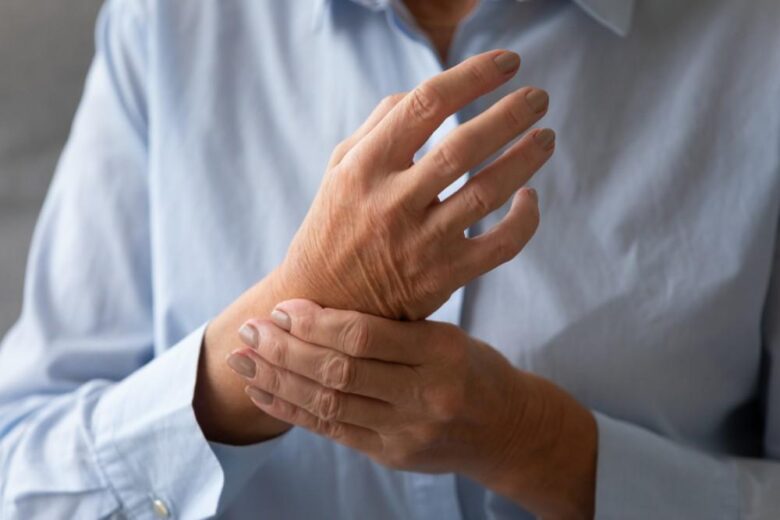When people are young and healthy, the idea of someday needing hip or knee replacements seems like a distant nightmare. But for those with family members who have had to deal with these complications, it’s not such a crazy thought after all. That’s why it’s essential to know how a person’s lifestyle and everyday habits could impact their risk of developing joint complications later in life. Luckily, there are plenty of ways to help protect oneself from arthritis and other issues as a person ages. Not only will these tips keep individuals feeling great now, but they can also act as preventative measures to keep people on track to avoid future complications. Here are some ways that can help maintain joint health and prevent future problems:

Source: bigbarker.com
Stay Active
Keeping one’s joints moving and lubricated is essential to preserving comfort and function. With exercise, a person can slow down the progression of joint pain and keep their joints healthy as they age. Staying active helps preserve the range of motion and boost joint lubrication. It not only strengthens the muscles around the joint but also improves blood circulation in that area, which further reduces pain and discomfort caused by arthritis or other types of joint stress. When joints are lubricated, they have less strain and are less likely to tear or wear out quickly due to friction. And it’s not just good for one’s knees. It benefits all joints, including the hips, ankles, shoulders, and even the neck.
Workouts can also help reduce inflammation. This is especially helpful if a person has rheumatoid arthritis (RA), an autoimmune disease that causes inflammation in the joints. A study published in the journal Arthritis Care & Research found that people who engaged in aerobic activities like cycling, swimming, or running for 30 minutes a day saw a reduction in joint pain and inflammation for up to a month after their workouts. A combination of strength training and aerobic activity was even more effective. As people age, they lose muscle mass and strength, making the joints more susceptible to injury. Workouts can help prevent this from happening. People who have diabetes or have a condition that affects their blood flow should consult a doctor before starting a strength-training program. On the other hand, individuals with osteoarthritis should avoid strength training. This disease causes painful bone spurs, so weight-bearing activities can make the condition worse.

Source: news-medical.net
Incorporate Healthy Food Options
Healthy eating habits have been a cornerstone of excellent joint health for thousands of years. Eating food rich in nutrients is the best way to support good joint health, no matter the age or current state of health. A healthy diet can help prevent or manage arthritis, osteoarthritis, and other joint diseases. It can also help ease the pain from common joint complaints like arthritis, gout, and general joint pain. That’s because the nutrients found in healthy foods nourish one’s joints and keep them healthy, strong, and flexible. If a person already has joint pain or joint disease, a healthy diet can help manage the symptoms allowing them to cope better with the condition. It can also help them heal and stay healthy if they have had joint surgery or are recovering from an injury.
A healthy diet is rich in vitamins, minerals, fiber, and omega-3 fatty acids. However, certain nutrients are particularly important for maintaining healthy joints. They include vitamins A and C, which promote the production of collagen, the “glue” that holds the joints together. Zinc is another essential nutrient for many different bodily functions, including wound healing. It is particularly important for healing and repairing cartilage, which is one of the significant components of the knee and hip joints. Don’t forget to include iron. According to studies, almost half of all American adults have low iron levels, which can cause joint pain in some people. Omega-3 fats, on the other hand, are particularly important for people experiencing joint pain. Last but not least is folate, also referred to as B vitamin, which is vital for the health of the cartilage. It is crucial for people who are experiencing joint pain related to osteoarthritis.
Remember, not all foods are good for one’s health. In fact, some can actually be harmful to the joints. Some things a person might want to avoid or at least limit intake are sugary drinks, trans fats, high-sodium foods, artificially-sweetened foods, and coffee. Many of the healthy food options are very easy to incorporate into one’s diet. Simply start by making a few minor changes. For instance, eat some almonds or walnuts instead of eating a bag of chips. Instead of drinking soda, drink a glass of water, tea, or a glass of yogurt.

Source: clevelandclinic.com
Don’t Smoke or Drink Too Much
Smoking and drinking heavily are two common risk factors for developing arthritis and other inflammatory joint diseases. These habits also accelerate the progression, complications, and irreparable damage caused by osteoarthritis. Both of these activities have been shown to increase the risk of osteoarthritis as well as accelerate its onset if an individual is genetically prone to developing the disease. These habits also increase inflammation and decrease blood circulation to the joints. Heavy smoking increases oxidative stress and inflammation in the body, which can damage the joints through a process called glycation. The high levels of harmful toxins in cigarette smoke can also cause increased blood flow to the joints. This can cause damage and inflammation, which can intensify the risk of developing degenerative joint diseases.
Regular excessive alcohol consumption, on the other hand, can accelerate the progression of joint damage in people who already have the condition. Heavy drinking can also cause direct damage to the joints, which can lead to other health complications. In particular, it can lead to increased inflammation in the body and reduced blood flow to the joints. This can cause irritation and can lead to joint swelling and pain. People who can’t entirely give up on these habits should consider cutting them down. However, if they’re already experiencing joint pain and swelling, it is best to stop drinking/smoking altogether. Regular smokers and heavy drinkers are likely dehydrated, which can exacerbate joint pain. Therefore, they should drink water more often. They should also ensure they’re getting adequate rest to help the body to recuperate from daily wear and tear. If a person is struggling to stop, they should consider seeing a therapist to help them to cut down or stop altogether.

Source: ifixbones.com
If a person finds that they’re experiencing joint pain or swelling, have joint pain that’s different than what they’re used to, or notice any other strange symptoms in their joints, it’s essential to see an orthopedic doctor like Integrated Orthopedics to get a proper diagnosis. While joint pain is relatively common, it’s important to rule out any other potential problems. The professional will also advise the patient if they can do anything to ease the pain.
